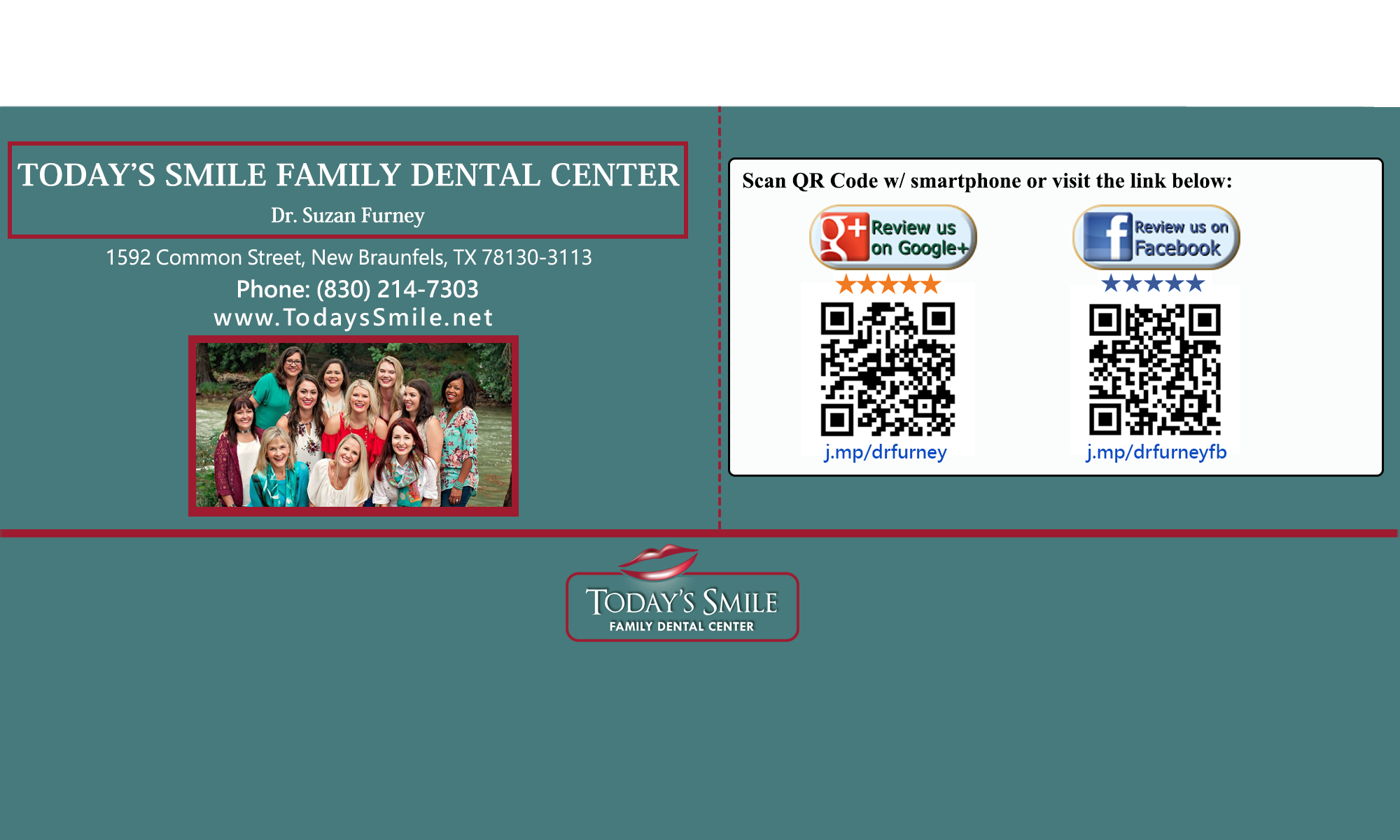People at any age can have a condition that makes it difficult for them to look after their own dental health.
This could affect people who suffer from a wide range of conditons such as stroke, spinal cord injury, multiple sclerosis, mental retardation, Down syndrome, genetic disorders, Alzheimers disease or arthritis.
However, people in all of these categories have the same dental needs as everyone else – they need daily brushing and flossing, regular dental visits and a balanced diet.
There are some steps caregivers can take to make it easier to look after people in those categories.
If the person is uncooperative or uncontrollable, try to explain what you are about to do and schedule the task for a time of day when they are rested.
Move in a calm, slow, reassuring manner to avoid startling them. Give praise and encourage them when they help themselves.
Support the persons head, and take special care to prevent choking or gagging when the head is tilted back.
If the person is unable or unwilling to keep their mouth open, your dentist will explain how you can make and use a mouth prop.
Ask your dentist for advice on how to care for people with special needs and check if they have facilities for caring for these needs in the dental office.
